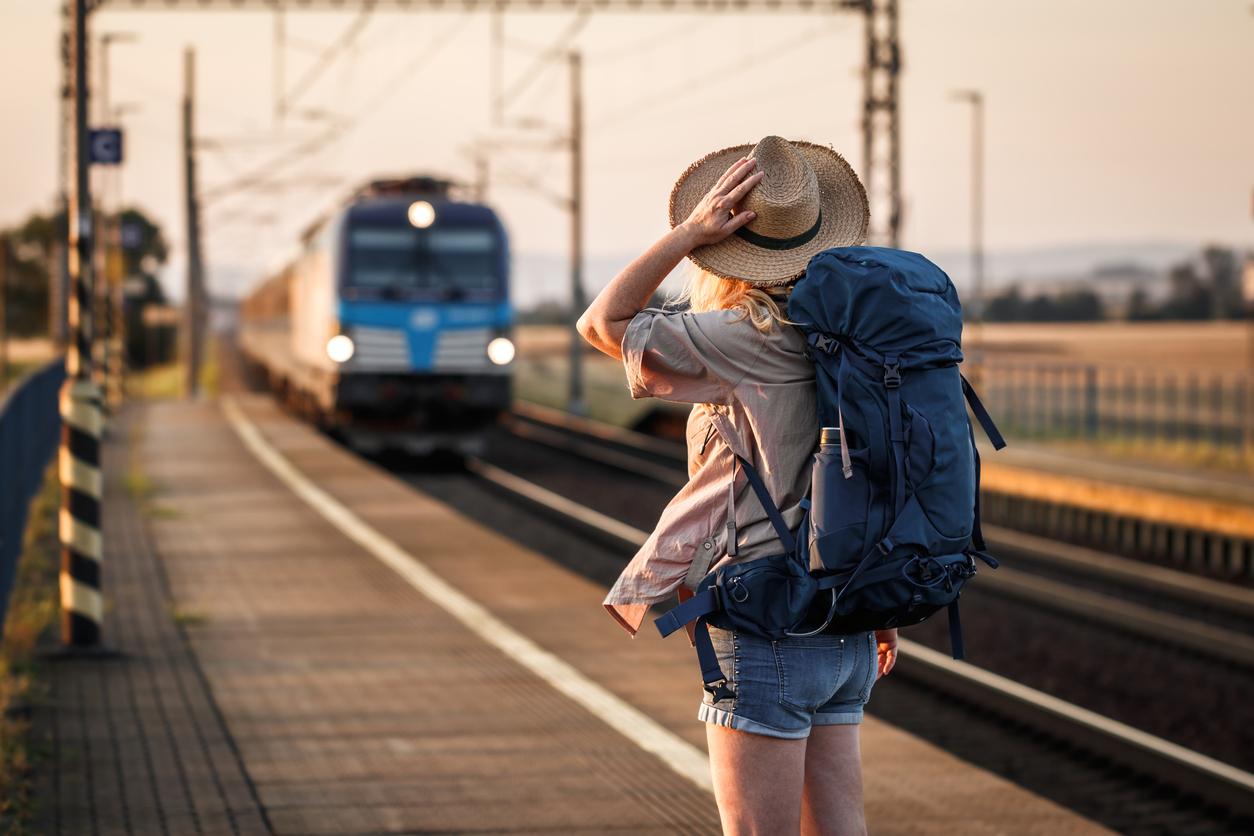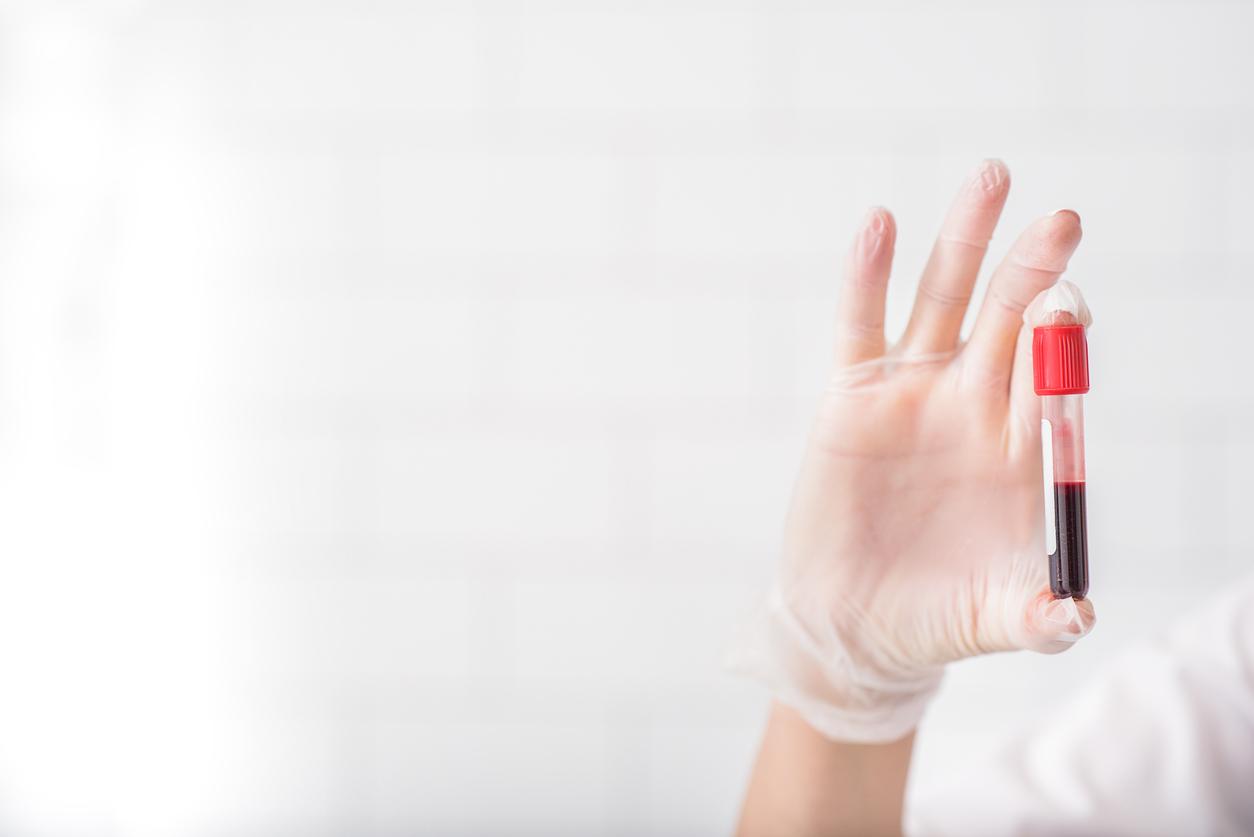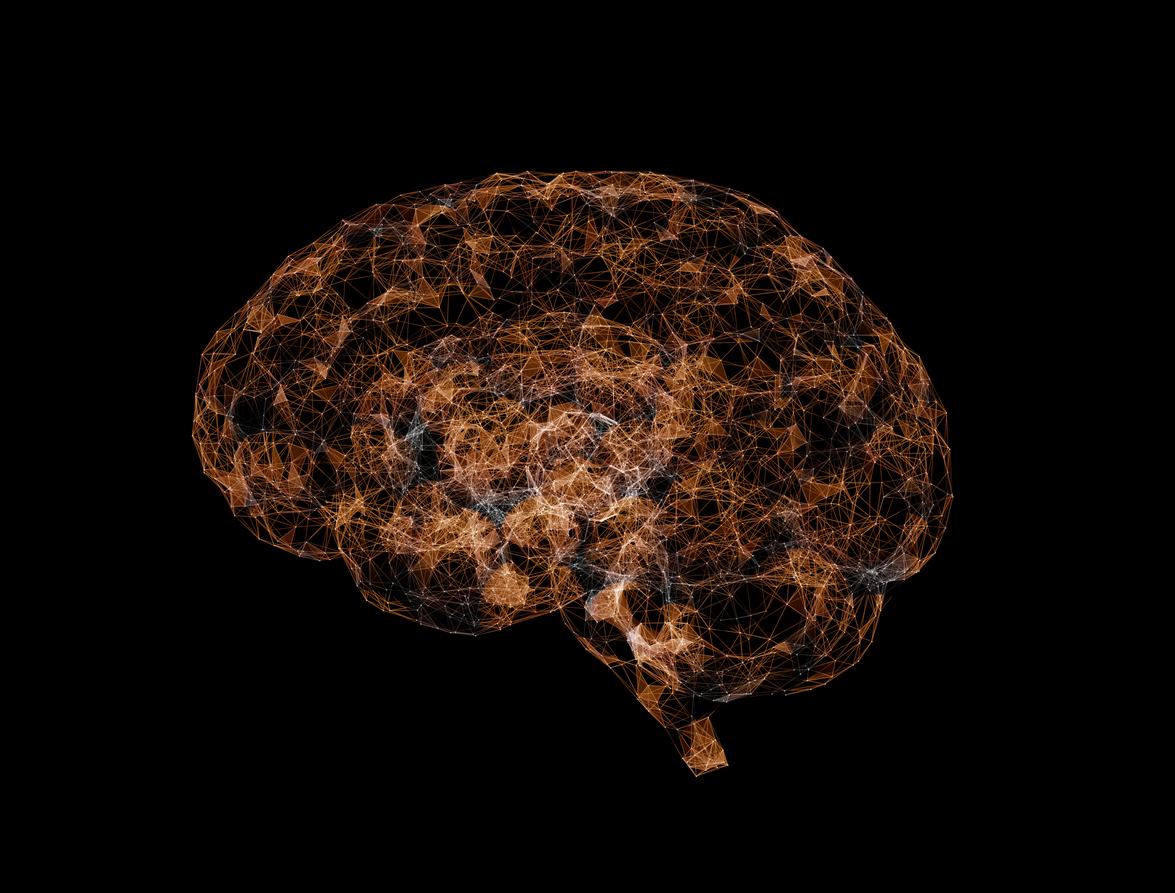Australia, Brazil, Japan, South Africa… Traveling and visiting other countries has positive effects on health, particularly by slowing down the signs of aging.

- Traveling might be the best way to combat premature aging.
- Positive travel experiences can improve physical and mental well-being through exposure to new environments, participation in physical activities and social interactions, and the promotion of positive emotions.
- Specifically, doing activities while traveling could improve immune function and the body’s self-defense capabilities.
“Aging, as a process, is irreversible. Although it cannot be stopped, it can be slowed down.” This is the good news announced by Fangli Huwho works at Edith Cowan University Australia. In a recent study, published in the journal Journal of Travel Researchthe researcher and his team revealed that traveling would be the best way to fight premature aging. To reach this conclusion, the scientists looked at the theory of entropy in tourism. “The principle of increasing entropy is a universal law describing a natural progression from order to disorder. Here is a new vision of how tourism influences human health,” the authors specified.
Travel may trigger an adaptive immune system response
“Tourism is not just about leisure and relaxation,” according to Fangli Hu. Indeed, researchers noted that positive travel experiences can improve adults’ physical and mental well-being. This is because exposure to new environments can stimulate stress responses and increase metabolic rates, positively influencing the body’s metabolic activities and self-organization capabilities. “In this way, the self-defense system becomes more resilient. Hormones that promote tissue repair and regeneration can be released and promote the functioning of the self-healing system.”
While traveling, people also participate in physical activities, recreation, and social interactions. Recreation helps relieve chronic stress, mitigate overactivation of the immune system, and encourage normal functioning of the self-defense system. In addition, it can release tension and fatigue in muscles and joints. Physical exertion, on the other hand, can stimulate metabolism, energy expenditure, and material transformation, all of which help coordinate self-organizing systems.
Accidents, injuries, food poisoning: tourists face various challenges
On the other hand, the team pointed out that tourists may face challenges, such as infectious diseases, accidents, injuries, violence, water and food safety issues, and concerns about inappropriate tourism engagement. “Conversely, tourism can involve negative experiences that can potentially lead to health problems, in parallel with the process of promoting the increase in entropy. A striking example is the Covid-19 public health crisis,” can be read in the works.


















